Evidence-Based Supplements and Herbs for Hyper Activity
Hyperactivity is a common symptom associated with several conditions, most notably Attention-Deficit/Hyperactivity Disorder (ADHD). While conventional medications are often effective, many individuals and families seek complementary or alternative approaches to manage hyperactivity symptoms. This comprehensive guide explores the scientific evidence behind various natural supplements and herbs that may help address hyperactivity, providing insight into their effectiveness, mechanisms of action, and safety considerations.
Understanding Hyperactivity
Hyperactivity is characterized by excessive movement, impulsivity, and difficulty remaining still for extended periods. It’s most commonly associated with ADHD, which affects approximately 11% of children between the ages of 3 and 17 years in the United States—about 7 million children in total. Adults can also experience hyperactivity symptoms, with around 3% of all adults living with ADHD.
The exact causes of hyperactivity remain unclear, though research suggests it likely involves a complex interplay of genetic, neurological, and environmental factors. Conventional treatments typically include stimulant medications and behavioral therapy, with about 32% of children with ADHD receiving both medication and behavioral interventions to manage symptoms.
Evidence-Based Natural Supplements for Hyperactivity
Omega-3 Fatty Acids
Among the most researched natural supplements for hyperactivity, omega-3 fatty acids have shown promising results in multiple studies. Typically taken in the form of fish oil, these essential fats have demonstrated benefits for hyperactivity, attention, and impulsivity symptoms.
Research indicates that omega-3 supplementation may moderately decrease the severity of hyperactivity and impulsivity symptoms. The Journal of Lipids reported that omega-3 and omega-6 supplements moderately reduced hyperactivity and impulsivity severity in individuals with ADHD. Additional studies suggest that omegas may improve neural efficiency, enhancing overall cognitive performance.
For those interested in implementing omega-3 supplements, it’s important to note that supplements containing a higher ratio of EPA (eicosapentaenoic acid) to DHA (docosahexaenoic acid) appear more effective. When selecting a fish oil supplement, look for products with a four-to-one ratio of EPAs to DHAs, as indicated on most product labels. Most omega-3 gummies don’t provide these higher levels, so capsules or liquid forms may be more beneficial.
Additional information about omega-3 supplementation for mental health can be found in the comprehensive guide to fish oil and omega-3s.
Zinc
Several studies have indicated that children with ADHD may have lower levels of zinc compared to their peers. Zinc supplementation shows potential benefits for hyperactivity and impulsivity, though it appears less effective for inattentiveness.
A study published in the Journal of Child Psychology and Psychiatry found that children with ADHD who received zinc supplements showed significant reductions in hyperactivity and impulsivity compared to those receiving a placebo. However, before starting zinc supplementation, it’s crucial to have zinc levels checked through a blood test, as excessive zinc can be harmful.
To learn more about zinc’s role in mental health and proper supplementation guidelines, visit the detailed guide to zinc for mental health.
Magnesium
Healthy magnesium levels in the blood can help relax children with ADHD, potentially reducing hyperactivity symptoms. Some small studies have shown that adding magnesium supplements decreases certain ADHD symptoms, particularly those related to hyperactivity.
Magnesium may help children who experience a “rebound effect” after their stimulant medication wears off. Research has indicated that magnesium supplementation may aid in relaxation and reduce hyperactive behaviors.
For comprehensive information about magnesium’s effects on mental health, check out the guide to magnesium for mental health.
Iron
Iron deficiencies may contribute to ADHD symptoms in some children. A 2008 study demonstrated that children who were not anemic but had low ferritin levels (a protein needed to store iron in the blood) showed improvement in symptoms after 12 weeks of iron supplementation.
Before considering iron supplements, it’s essential to consult with a healthcare provider about checking iron levels, as excessive iron can be dangerous. Iron supplementation should only be pursued under medical supervision and after confirming a deficiency.
Multi-vitamin/Multi-mineral Supplements
Recent research suggests that comprehensive vitamin and mineral supplementation may benefit individuals with hyperactivity. One study based on clinician, parent, and teacher reports indicated that children with ADHD who took a multivitamin/multimineral combination showed greater improvements in emotional regulation, aggression, and general functioning compared to the control group.
In several double-blind randomized placebo-controlled trials, micronutrients found in products like Daily Essential Nutrients (DEN) reduced impairment and improved emotional and mood regulation, aggression, and overall functioning. However, these studies found that the supplements did not significantly improve hyperactive/impulsive symptoms.
When selecting a multivitamin, look for products that are low in sugar and free from artificial colors and preservatives, as these additives may increase hyperactivity in some children.
Herbal Remedies for Hyperactivity
Ginseng
Both American and Asian ginseng have been studied for their potential effects on hyperactivity and ADHD symptoms. A 2020 study involving 40 children with ADHD between ages 6 and 12 found that daily supplements containing omega-3 and Korean red ginseng improved memory and attention.
Another small study in Canada showed that children with ADHD who took both American ginseng and Ginkgo biloba twice a day for 4 weeks experienced improvements in socializing problems, hyperactivity, and impulsivity.
For more information about ginseng and its applications for mental health, explore the guide to ginseng for mental health.
Pine Bark Extract (Pycnogenol)
Pine bark extract contains natural compounds called proanthocyanidins and is commonly sold under the brand name Pycnogenol. Several studies have shown promising results for hyperactivity symptoms:
- A study conducted in 2006 gave 61 children with ADHD either 1 mg of Pycnogenol or a placebo once a day for 4 weeks. Results showed that Pycnogenol reduced hyperactivity and improved attention and concentration, while the placebo showed no benefits.
- Another study found that giving the extract over a one-month period helped normalize antioxidant levels in children with ADHD.
- A more recent 2021 study involving 20 children with ADHD found that supplementing with pine bark extract significantly decreased inattention, impulsivity, and hyperactivity.
Ginkgo Biloba
Ginkgo biloba has been studied for its effects on cognitive function and may help with hyperactivity symptoms. Some research suggests it works by improving blood flow to the brain and providing antioxidant protection for neural tissues.
When combined with other herbs like American ginseng, studies have shown improvements in hyperactivity, impulsivity, and social functioning in children with ADHD.
For detailed information about Ginkgo biloba’s applications for mental health, visit the comprehensive guide to Ginkgo biloba.
Bacopa Monnieri
Bacopa has a long history of use in Ayurvedic medicine for enhancing memory and cognitive function. Research on Bacopa for ADHD is still emerging, but some studies suggest it may help improve attention, impulsivity, and hyperactivity.
This herb appears to work by enhancing the activity of certain neurotransmitters in the brain that regulate attention and impulse control. While more research is needed, preliminary findings are promising.
Valerian Root
Valerian root is primarily known for its calming and sleep-promoting effects but may also help with hyperactivity. Some studies suggest that valerian can reduce hyperactivity, inattention, and impulsivity in individuals with ADHD.
The herb works by affecting GABA levels in the brain, promoting a sense of calm and relaxation that can help counteract hyperactive behaviors.
Mind-Body Approaches for Hyperactivity
In addition to supplements and herbs, several mind-body approaches have shown benefits for managing hyperactivity:
Yoga and Meditation
Research published in 2013 reported significant improvements in hyperactivity, anxiety, and social problems in boys with ADHD who practiced yoga regularly in addition to taking their daily medication. A recent study found that children and adolescents with ADHD who practiced mind-body exercises, such as yoga or tai chi, experienced a reduction in ADHD symptoms.
These practices appear to help by enhancing self-regulation skills, improving focus, and reducing the physiological manifestations of hyperactivity and stress.
Spending Time in Nature
There is strong evidence that spending even 20 minutes outside in natural settings can improve concentration in children with ADHD. A 2011 study and several earlier studies support the claim that regular exposure to outdoors and green spaces is a safe and natural treatment that can help people with ADHD.
Greenery and nature settings appear to be particularly beneficial, suggesting that simple lifestyle adjustments like regular outdoor time could complement other treatments for hyperactivity.
Dietary Considerations
Elimination Diets
Some evidence suggests that certain foods or food additives may trigger or worsen hyperactivity symptoms in sensitive individuals. Common triggers include:
- Artificial food colorings and preservatives
- Added sugars
- Certain allergens (e.g., dairy, gluten)
While not all children with hyperactivity will respond to dietary changes, some families report significant improvements after identifying and eliminating trigger foods. Working with a healthcare provider or registered dietitian to implement an elimination diet safely can help determine if specific foods affect hyperactivity symptoms.
Balanced Nutrition
A healthy, balanced diet matters when it comes to helping manage hyperactivity. Using fresh, healthy ingredients that are low in fat, sugar, and salt can make symptoms easier to manage. When possible, preparing meals at home allows for greater control over ingredients and additives that might influence hyperactivity.
Safety Considerations and Professional Guidance
While natural approaches can be appealing, they come with important considerations:
- Supplement Quality: The FDA doesn’t regulate supplements as strictly as medications, leading to significant variations in quality between products. Look for reputable brands and those with USP verification when possible.
- Potential Interactions: Herbal supplements can interact with medications. Before starting any supplement, consult with a healthcare provider, especially if currently taking prescription medications.
- Individual Variability: Responses to natural treatments vary greatly between individuals. What works for one person may not work for another.
- Complementary Approach: Natural supplements often work best as part of a comprehensive treatment plan that may include conventional medications, behavioral therapy, dietary modifications, and lifestyle changes.
- Medical Supervision: Always consult with a healthcare provider before starting any new supplement regimen, especially for children. Blood tests may be necessary to check for deficiencies before supplementing with nutrients like iron, zinc, or magnesium.
Conclusion
Natural approaches to managing hyperactivity offer promising options for those seeking complementary or alternative treatments. While research in this area continues to evolve, several supplements and herbs have demonstrated potential benefits for reducing hyperactivity symptoms.
When exploring these options, it’s essential to work with healthcare providers knowledgeable about both conventional and natural approaches to ensure safe and effective treatment. A personalized approach that considers individual needs, preferences, and specific symptoms is likely to yield the best results.
For more comprehensive information about natural approaches to mental health, including hyperactivity, visit the Dictionary of Supplements and Herbs for Mental Health, which provides detailed information on various natural remedies and their applications for mental well-being.
For more information on supplemens for mental health consult our comprehensive guide for micronutrient and supplement therapy and how it can treat specific issues and enhance certain modalities of therapy.
If you’re interested in exploring micronutrient therapy as part of your anxiety treatment plan, Hardy Nutritionals offers a range of products to fit your specific needs. Their Daily Essential Nutrients clinical strength formula provides comprehensive, research-backed dosages in convenient capsule or powder form.
For 15% off in savings, use the offer code “Taproot” at checkout on the Hardy Nutritionals website to receive 15% off your order. @ GetHardy.com
It’s important to remember that while micronutrient therapy can be a powerful tool for managing anxiety, it is not a replacement for professional mental health care. Always consult with a qualified healthcare provider before starting any new supplement regimen, particularly if you have pre-existing health conditions or are taking medications.
Disclaimer: These statements have not been evaluated by the Food and Drug Administration. These products are not intended to diagnose, treat, cure, or prevent any disease. Please consult with a qualified healthcare professional before beginning any supplement regimen, particularly if you are pregnant, nursing, have a medical condition, or are taking medications. The information on this website doesnot constitute medical advice. We recieve a small commision on sales with Hardy Nutritionals through our offer code. Our affiliation does not effect treatment or recomendations made by Taproot authors, therapists or other staff.
Bibliography
- Ahn, J., Ahn, H. S., & Cheong, J. H. (2016). Natural Product-Derived Treatments for Attention-Deficit/Hyperactivity Disorder: Safety, Efficacy, and Therapeutic Potential of Combination Therapy. Neural Plasticity, 2016.
- Arnold, L. E., et al. (2011). Zinc for attention-deficit/hyperactivity disorder: Placebo-controlled double-blind pilot trial alone and combined with amphetamine. Journal of Child and Adolescent Psychopharmacology.
- Bloch, M.H., Mulqueen, J. (2014). Nutritional supplements for the treatment of ADHD. Child and Adolescent Psychiatric Clinics of North America, 23(4):883-897.
- Catalá-López, F., Hutton, B., Núñez-Beltrán, A., et al. (2017). The pharmacological and non-pharmacological treatment of attention deficit hyperactivity disorder in children and adolescents: a systematic review with network meta-analyses of randomised trials. PLoS One, 12(7)
- Derbyshire, E. (2017). Do Omega-3/6 Fatty Acids Have a Therapeutic Role in Children and Young People with ADHD? J Lipids.
- Eiland, L.S., Gildon, B.L. (2024). Diagnosis and Treatment of ADHD in the Pediatric Population. J Pediatr Pharmacol Ther.
- Fayyad, J., et al. (2018). Cross-national prevalence and correlates of adult attention-deficit hyperactivity disorder. The British Journal of Psychiatry.
- Harpin, V. A. (2005). The effect of ADHD on the life of an individual, their family, and community from preschool to adult life. Archives of Disease in Childhood, 90(suppl 1), i2-i7.
- Kuhathasan, N., et al. (2019). The use of cannabinoids for sleep: A critical review on clinical trials. Experimental and Clinical Psychopharmacology, 27(4), 383–401.
- Nigg, J. T., et al. (2014). Restriction and elimination diets in ADHD treatment. Child and Adolescent Psychiatric Clinics of North America.
- Zuo, E., et al. (2020). Mind-body exercises (yoga/tai chi) for attention-deficit/hyperactivity disorder: A quantitative evidence of experimental studies.










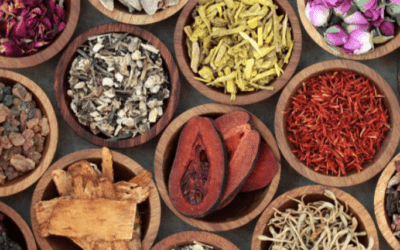
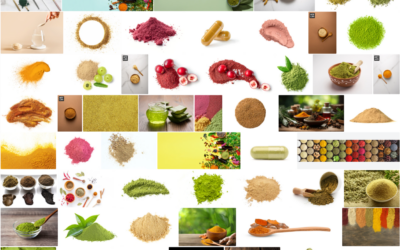
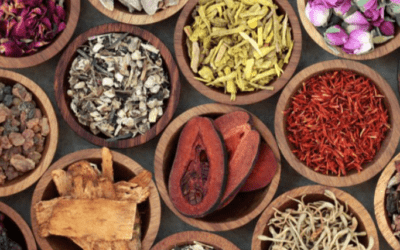
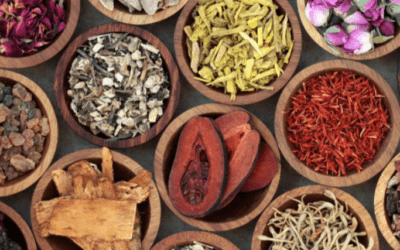

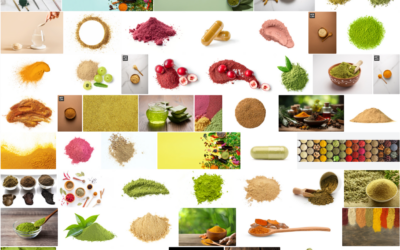

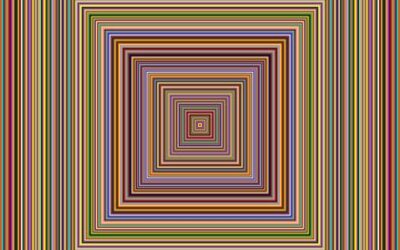

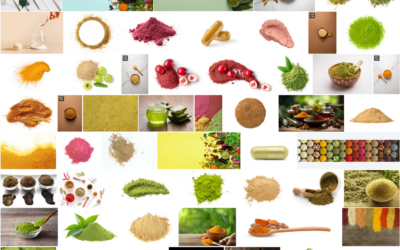
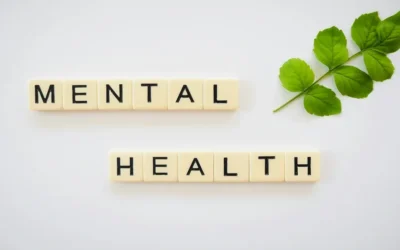
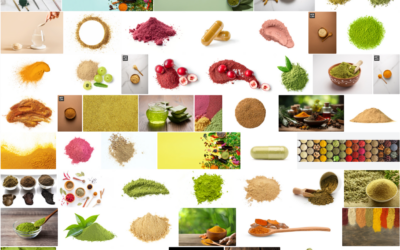
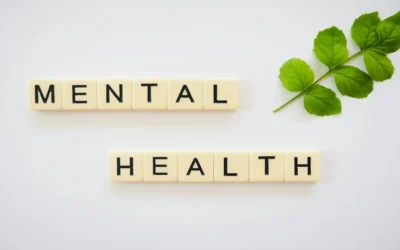
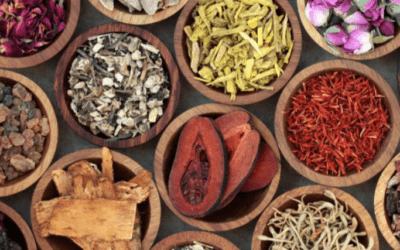
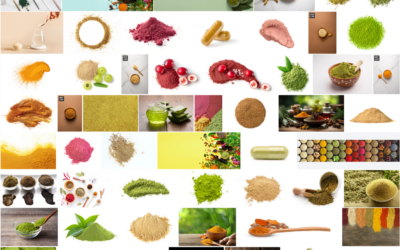

0 Comments